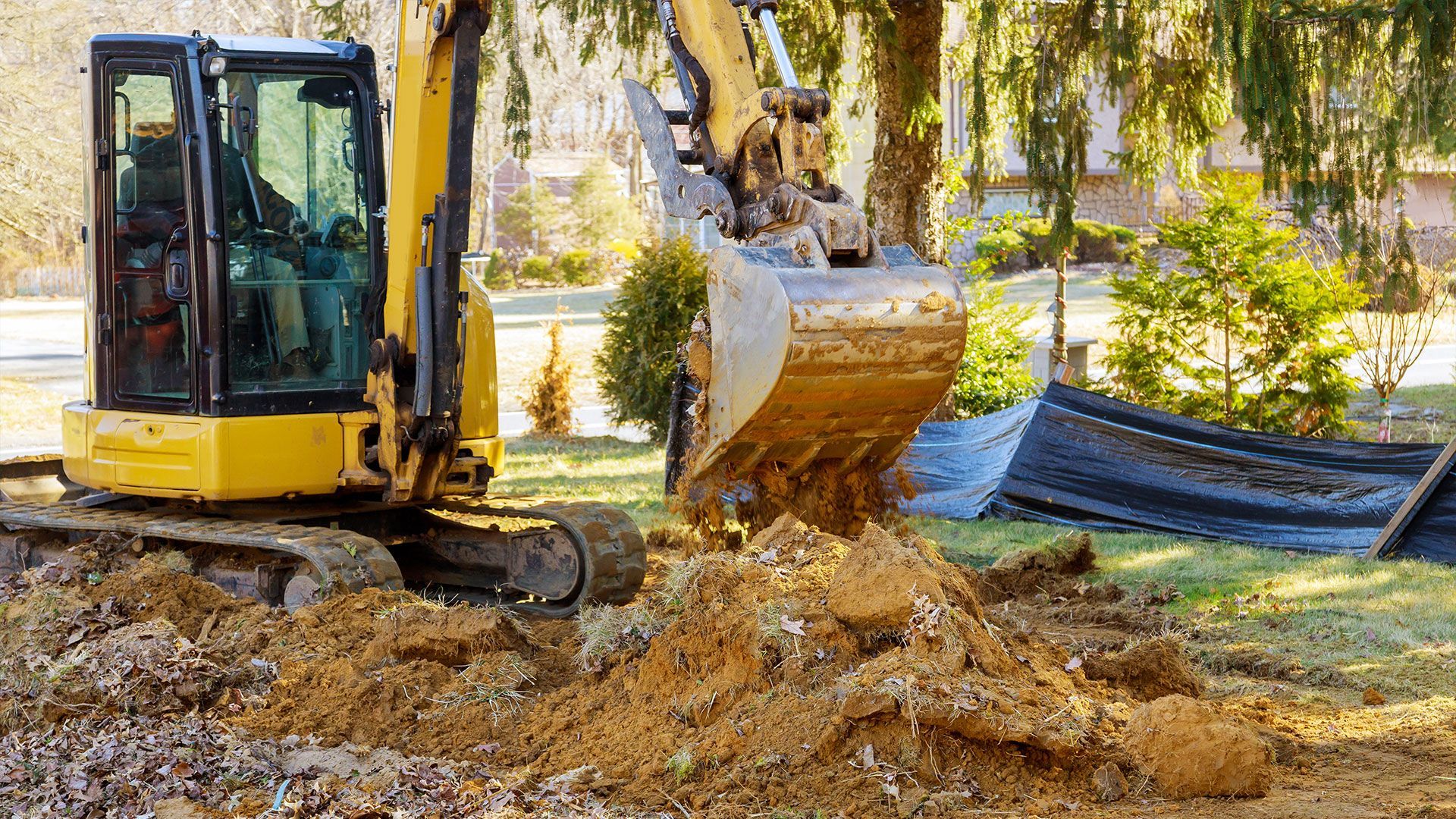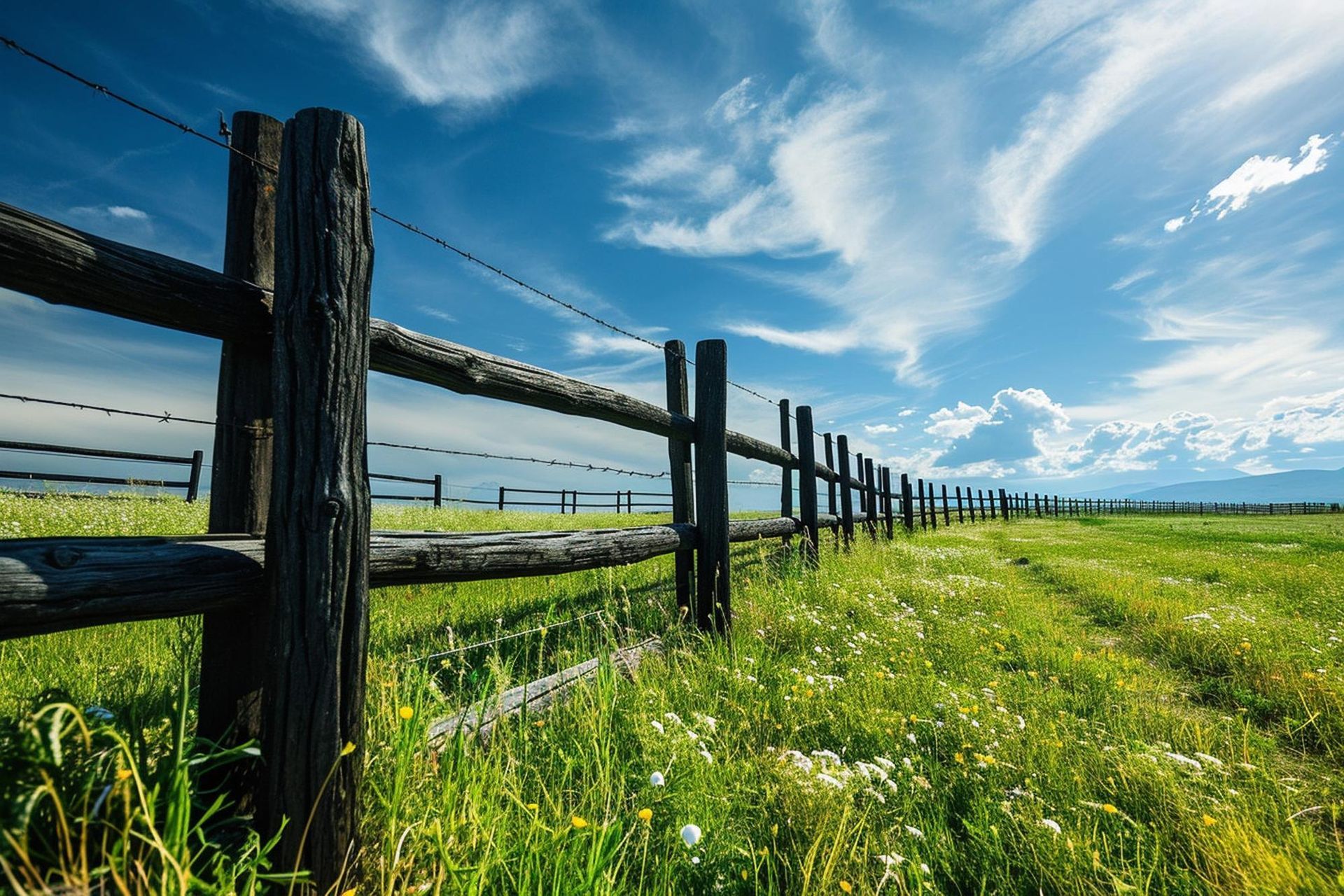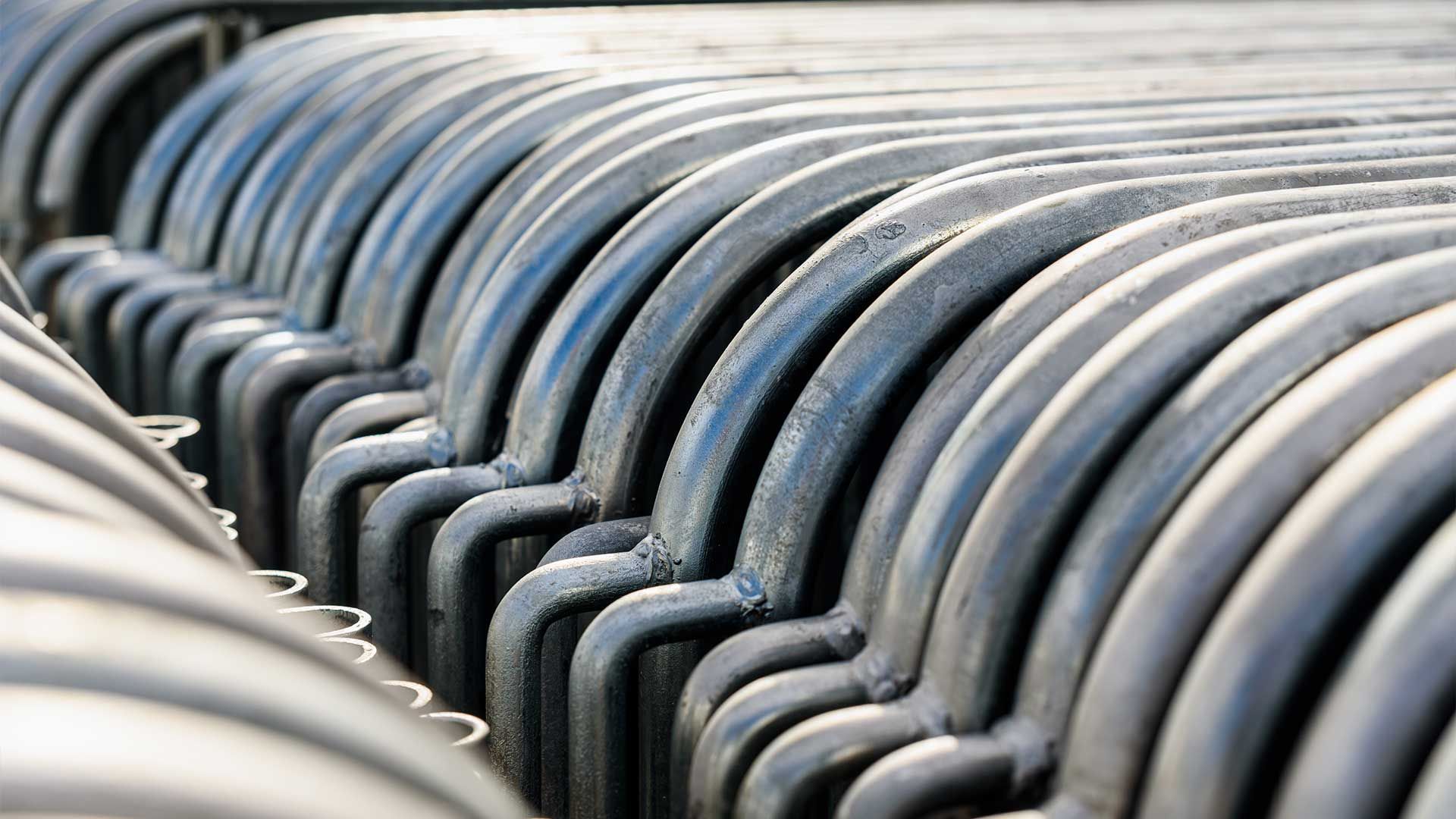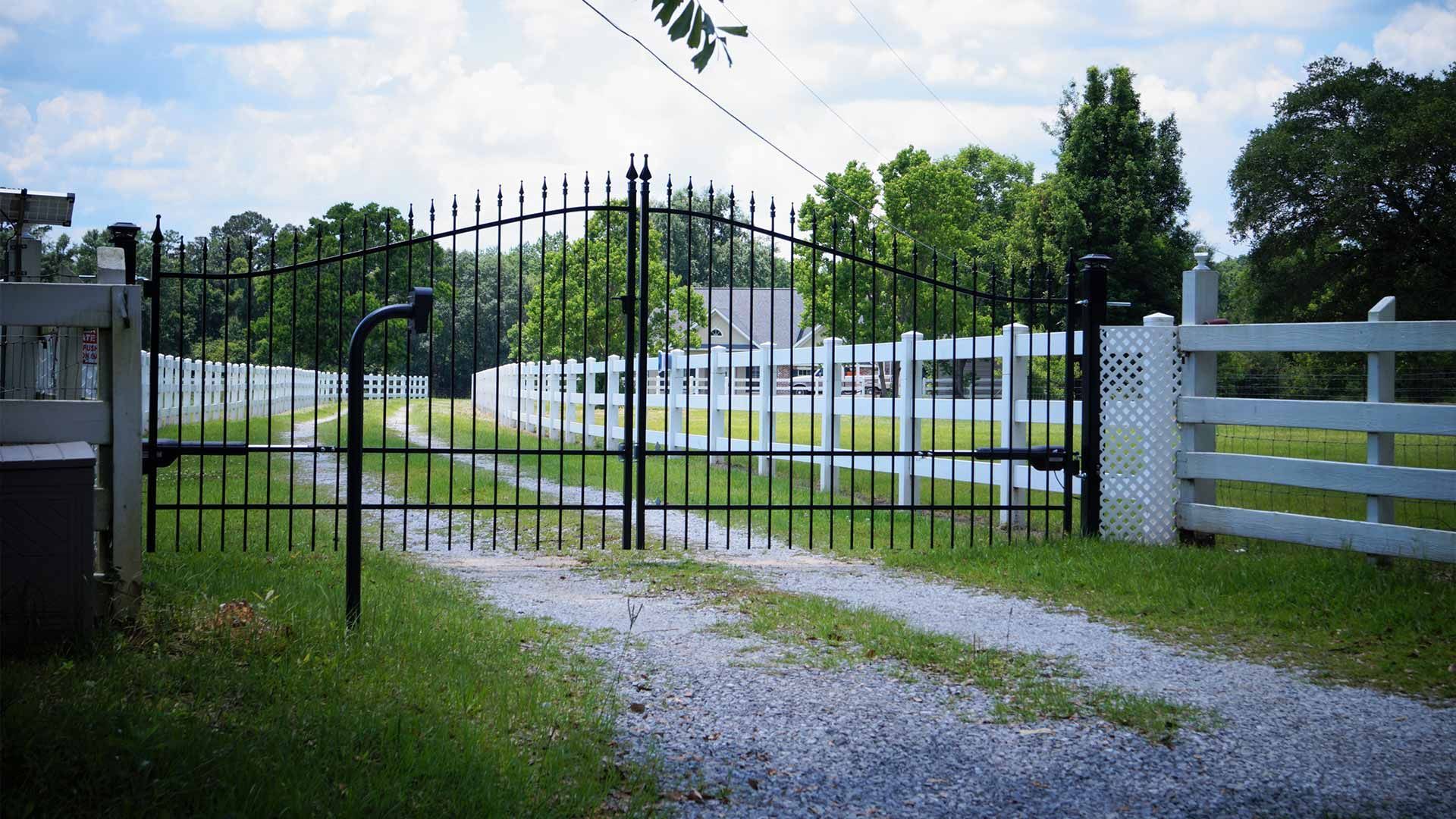Contact info

From Construction to Agriculture: The Versatility of Heavy Machinery
Heavy machinery plays a crucial role in powering various industries, from construction to agriculture, mining, forestry, transportation, and manufacturing. In every sector, heavy machinery serves as the backbone, enabling tasks that would be impossible or highly labor-intensive otherwise. From digging and lifting in construction sites to plowing and harvesting in agricultural fields, heavy machinery simplifies complex tasks, boosts efficiency, and enhances productivity. This article explores the multifaceted nature of heavy machinery, highlighting its adaptability across different sectors and showcasing its indispensable role in powering modern civilization. Whether it's building towering skyscrapers, cultivating vast farmlands, extracting precious minerals, managing dense forests, constructing transportation networks, or manufacturing essential goods, heavy machinery stands as a testament to human ingenuity and innovation. Join us as we delve into the diverse applications and unparalleled versatility of heavy machinery in driving progress and shaping the world we live in today.
Heavy Machinery in Construction
Heavy machinery is the backbone of the construction industry, facilitating a wide range of tasks essential for building infrastructure and structures. From excavators and bulldozers to cranes and loaders, heavy machinery enables construction projects to proceed efficiently and effectively. Excavators, for example, are used for digging trenches, foundations, and earthmoving tasks, while bulldozers are employed for leveling and clearing land. Cranes play a vital role in lifting and positioning heavy materials and equipment, making them indispensable in tall building projects. Additionally, loaders are used for transporting materials and debris across construction sites, improving workflow and productivity.
The versatility of heavy machinery in construction extends beyond traditional building projects, with specialized equipment available for various applications such as road construction, demolition, and landscaping. As construction methods evolve and projects become more complex, heavy machinery continues to innovate, incorporating advanced technologies to enhance precision, safety, and sustainability.
Heavy Machinery in Agriculture
In
agriculture, heavy machinery revolutionizes traditional farming practices, allowing farmers to maximize efficiency and productivity. Tractors, harvesters, plows, and seeders are among the essential heavy machinery utilized in agriculture. Tractors perform a multitude of tasks, including tilling soil, planting seeds, and pulling implements like plows and cultivators. Harvesters automate the process of gathering crops, significantly reducing manual labor and time.
Moreover, specialized machinery such as combine harvesters streamline the harvesting process for various crops like grains and cereals. Sprayers and spreaders are employed for applying fertilizers, pesticides, and other agricultural inputs effectively. The use of heavy machinery in agriculture not only increases yield but also minimizes soil compaction and reduces labor costs, contributing to sustainable farming practices.
As technology continues to advance, modern agricultural machinery incorporates precision farming techniques, GPS guidance systems, and automation, further optimizing resource utilization and enhancing crop yields. The versatility and efficiency of heavy machinery make it an indispensable asset for meeting the growing demands of global food production.
Heavy Machinery in Mining
Heavy machinery plays a critical role in the mining industry, enabling the extraction of valuable minerals and resources from the earth's surface and underground. Mining operations rely on a variety of heavy machinery, including excavators, haul trucks, drills, and crushers, to carry out tasks such as drilling, blasting, digging, and transporting materials.
Excavators are utilized for digging and removing overburden, while haul trucks transport ore and waste materials from mining sites to processing facilities. Drills are essential for creating boreholes and accessing mineral deposits, while crushers break down large rocks and ore into smaller, more manageable pieces.
The versatility of heavy machinery in mining extends to various types of mining operations, including open-pit mining, underground mining, and quarrying. As mining technology advances, heavy machinery continues to evolve with innovations such as autonomous mining trucks, remote-controlled equipment, and advanced monitoring systems, improving safety, efficiency, and productivity in the mining industry.
Heavy Machinery in Forestry
In forestry management, heavy machinery plays a crucial role in timber harvesting, land clearing, and sustainable forest management practices. Forestry operations rely on a range of heavy machinery, including feller bunchers, skidders, delimbers, and forwarders, to efficiently harvest and process timber while minimizing environmental impact.
Feller bunchers are used to cut down trees and gather them into bunches for processing, while skidders transport the harvested timber from the forest to loading areas. Delimbers remove branches and prepare the logs for further processing, and forwarders transport the logs from the harvesting site to the processing facility or storage yard.
Additionally, forestry machinery is designed to operate in challenging terrain and sensitive ecosystems while adhering to strict environmental regulations. Modern forestry equipment incorporates technologies such as GPS tracking and remote sensing to optimize harvesting operations and minimize damage to forest ecosystems.
The versatility of heavy machinery in forestry enables sustainable forest management practices, including selective logging, reforestation, and habitat conservation, ensuring the long-term
health and productivity of forest ecosystems while meeting the demand for wood products.
Heavy Machinery in Transportation
Heavy machinery plays a significant role in the transportation sector, contributing to the construction and maintenance of roads, bridges, railways, airports, and other transportation infrastructure. Various types of heavy machinery are utilized in transportation projects, including road rollers, pavers, graders, and asphalt plants, to ensure smooth and efficient transportation networks.
Road rollers are essential for compacting and smoothing the surfaces of roads and highways, while pavers lay down asphalt or concrete to create durable road surfaces. Graders are used to level and shape the ground for road construction and maintenance, while asphalt plants produce the asphalt mixture used in road surfacing.
Additionally, heavy machinery is involved in the construction of bridges, tunnels, and railway tracks, as well as the maintenance of airport runways and taxiways. The versatility of heavy machinery in transportation projects ensures the safe and efficient movement of people and goods, supporting economic growth and connectivity in communities around the world.
Heavy Machinery in Manufacturing
In the manufacturing sector, heavy machinery plays a pivotal role in the production of goods and materials across a wide range of industries. From automotive and aerospace to electronics and construction, heavy machinery is essential for manufacturing processes such as fabrication, assembly, and material handling.
Various types of heavy machinery are used in manufacturing facilities, including CNC machines, lathes, milling machines, and presses, to shape, cut, and form raw materials into finished products. CNC (Computer Numerical Control) machines, for example, utilize computer-aided design (CAD) software to precisely control cutting and shaping operations, ensuring high levels of accuracy and repeatability.
Additionally, heavy machinery such as robotic arms and automated conveyor systems streamline production lines, improving efficiency and reducing labor costs. The integration of advanced technologies such as artificial intelligence (AI) and machine learning further enhances the capabilities of heavy machinery in manufacturing, enabling predictive maintenance, quality control, and process optimization.
The versatility of heavy machinery in manufacturing extends to various industries and applications, driving innovation and productivity while meeting the
demands of a global market.
Conclusion
The versatility of heavy machinery across industries highlights its indispensable role in driving progress and innovation worldwide. From construction and agriculture to mining, forestry, transportation, and manufacturing, heavy machinery enables essential tasks and operations that shape our modern civilization.
At
Byron Fence, we understand the importance of reliable and efficient heavy machinery in powering diverse industries. With our comprehensive range of heavy machinery solutions and expertise, we are committed to supporting our clients' needs and driving success in their operations. For inquiries about our services and how we can assist with your heavy machinery requirements, please contact us at
478-960-5382.
Thank you for considering Byron Fence as your trusted partner in heavy machinery solutions. We look forward to the opportunity to serve you and contribute to the success of your projects.






Byron Fence is your last step on the journey to your fence. We specialize in security for commercial, agricultural, and residential properties, and we make it look good.
Serving Middle Georgia since 2006
All Rights Reserved | Byron Fence




